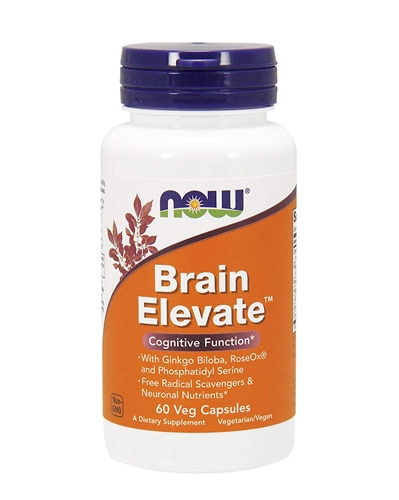If you are getting older and often forget where you put the car keys, or struggle to remember names, Dr. Matthew Fink has some reassuring news.
“The person who worries that they are having
memory problems and then goes to see the doctor – that person almost never has a real problem,” says Fink, neurologist in chief at New York Presbyterian Hospital, Weill Cornell Medical Center.
By the age of 35, most of us develop short-term memory loss that continues “into very elderly years,” Fink says.
Such forgetfulness is normal. “That’s not a disease,” he says. The very fact that you have noticed the problem likely indicates it is harmless.
“People with real problems are not aware that they have a memory problem,” Fink says.
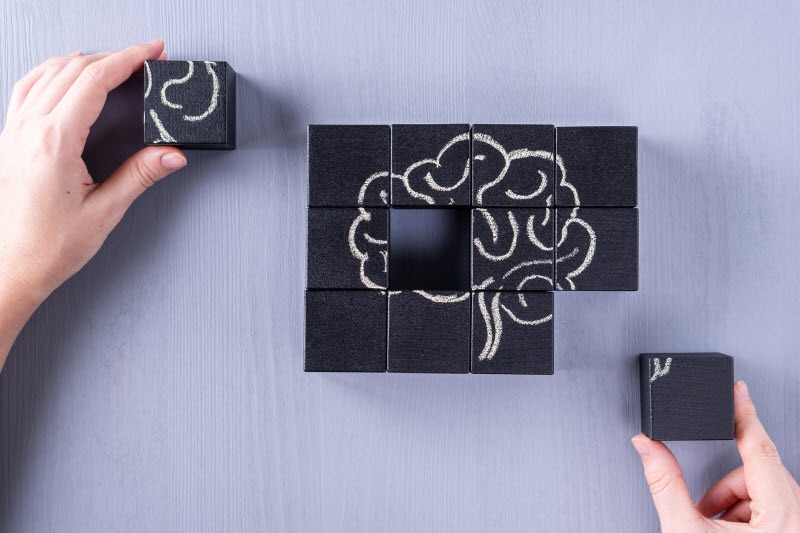
While there is little reason to worry over most brain wobbles, you still can do something to arrest -- or even reverse -- those symptoms.
Improving brain function as we age
Challenging your brain with new activities is the key to protecting the brain and reversing short-term memory loss, Fink says.
Contrary to popular belief, that does not mean playing more bridge, or completing more crossword puzzles, however.
“Those things are fine,” Fink says. “But if you play bridge and do crossword puzzles all the time, that’s not actually something new and different.”
Instead, you need to stretch beyond safe mental boundaries and give your brain a good workout, he says.
“The best way to mitigate (memory loss) is to challenge yourself intellectually by engaging in activities where you have to learn something completely new and different,” Fink says.
The two activities Fink most often recommends to patients are:
- Learning to speak a new foreign language
- Learning to play a new instrument
“That’s very difficult,” Fink says. “But it’s the actual difficulty that helps your brain to get stronger.”
Fink also recommends another less taxing activity: spending a lot of time socializing with people.
Joining a book club or theater group, or simply engaging in long conversations can improve both memory and emotional well-being. “Those are the things that really keep your brain sharp and functioning,” he says.
More ways to protect brain health
Staying in good physical shape also can boost brain function. Two maladies are especially bad for the brain, Fink says. The first is high blood pressure.
“High blood pressure causes terrible damage to the brain, and it starts early on” Fink says. “It’s extremely important that people stay on top of that “
Diabetes and related obesity also cause “serious harm to the brain” if they are not properly treated.
A
sedentary lifestyle – from working at a desk all day to watching TV at night – further puts the brain at risk. For that reason, regular exercise is essential.
“When you exercise, your muscles actually release a chemical that goes through the bloodstream, goes to your brain and improves your brain function,” Fink says.
Such exercise can be as little as 30 minutes to an hour of brisk walking each day.
“What I tell my patients is that it is more important as you get older to do more exercise, not less,” Fink says.
Eating right – such as adhering to the
Mediterranean diet – and avoiding substances such as tobacco, alcohol and even sleeping pills also can help keep your brain strong.
“There’s no such thing as a good sleeping pill,” Fink says. “They are all terrible for your brain.”
The good news about aging and your brain
While it is true that aging can slow your brain in some ways, the news isn’t all bad.
“There are some things about your brain that actually
get better as you get older,” Fink says. “It’s not all about losing things.”
For starters, the ability to solve complex problems improves with age. “A lot of that has to do with experience,” Fink says.
Judgment also tends to improve with age. “It’s the reason we always seek out the elder statesperson to take on a difficult problem,” Fink says.
So, celebrate how your brain improves with age, and take steps to slow or even reverse the negative impacts of growing older. Finally, accept that some decline in memory may be in the cards for most of us.
“Memory loss is a normal part of aging and not something for people to worry about,” Fink says.
Featured products: 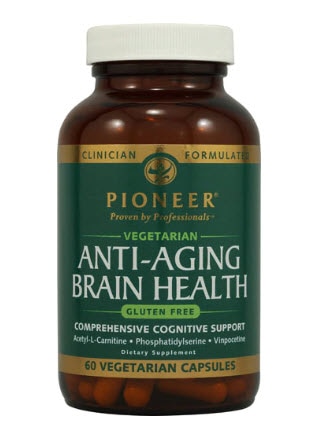
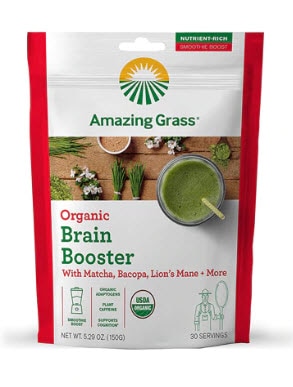
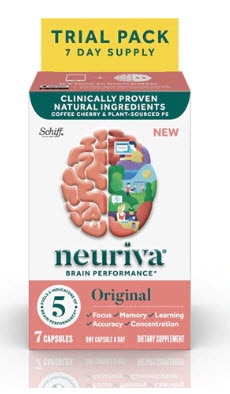
 While there is little reason to worry over most brain wobbles, you still can do something to arrest -- or even reverse -- those symptoms.
While there is little reason to worry over most brain wobbles, you still can do something to arrest -- or even reverse -- those symptoms.






